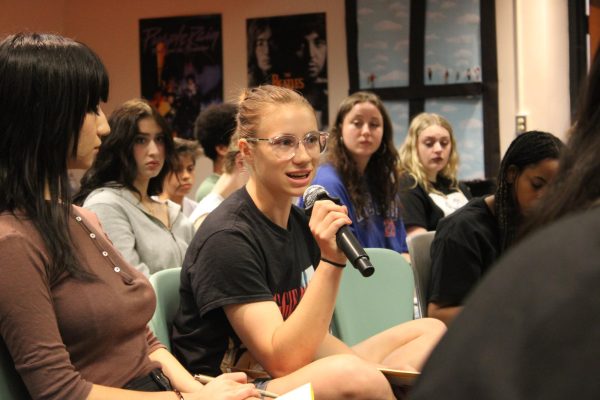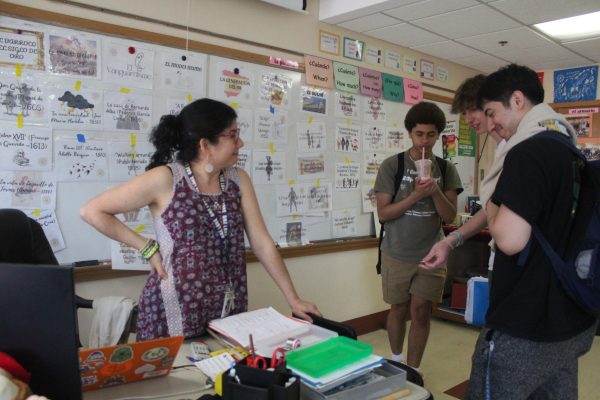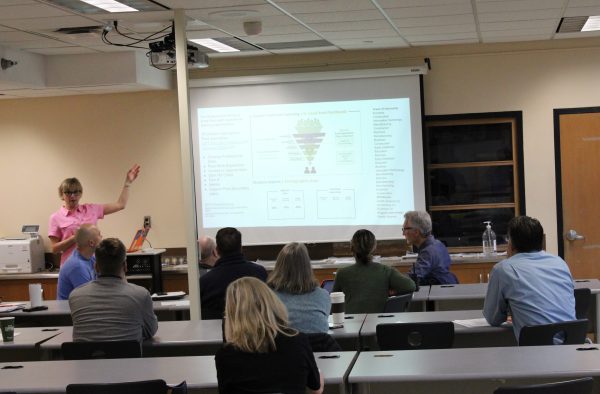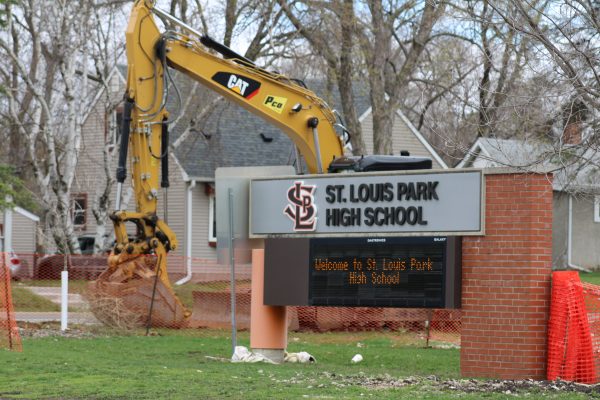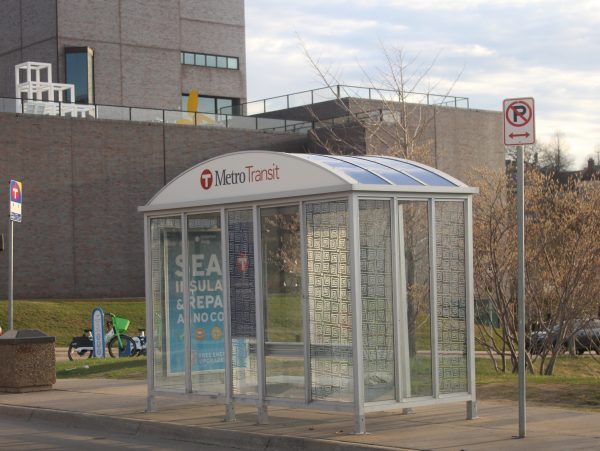2020 census aims to count every American
Results likely to impact local, national politics
Photo Illustration by Noah Orloff. According to associate planner for St. Louis Park Jacquelyn Kramer, the census is mentioned in the Constitution.
February 6, 2020
Jacquelyn Kramer, an associate planner for the city of St. Louis Park, said she believes it is essential that local communities are involved in the census process through various committees, such as those present in St. Louis Park.
“There are groups called complete count committees and those are organized by cities, non-profits and individuals and they are groups that are also working to spread the word about the census,” Kramer said.
According to Kramer, the census occurs once a decade, as dictated by the U.S. Constitution, and aims to count every living person in the nation. The data collected over the course of the project is then used to decide how government funds and representation are allocated, such as education grants that go to school districts like Park.
“The school district uses (the census) to figure out how many students we have now and how many students we are going to have over the next 10 years,” Kramer said. “Then they plan things like if we need more classrooms, if we need more facilities, how many teachers we are going to need, how many teachers that speak other languages we are going to need, and more.”
So this year, they’re going to try to get everyone to fill out the survey online. You will also be able to do it by telephone and you can do it by mail. After a few cycles of trying to reach folks in those ways, they will eventually go door-to-door on folks who haven’t responded.
— Jacquelyn Kramer
Freshman Meshach Mandel said his freshman civics classes discussed the census thoroughly.
“It’s knowledge that should be known,” Mandel said. “It’s something that might affect students’ lives.”
Following the completion of the 2020 census, Kramer said Minnesota risks losing a degree of representation in Congress.
“Minnesota is actually at risk of losing a seat in the House of Representatives if we’re undercounted because some states have had faster population growth than others and we’re one of the states that’s right on the edge of losing one of our representatives,” Kramer said. “In addition, another way to look at it is each representative would have to represent more people, so your individual voice is a little bit diluted if we lose that seat at the federal level.”
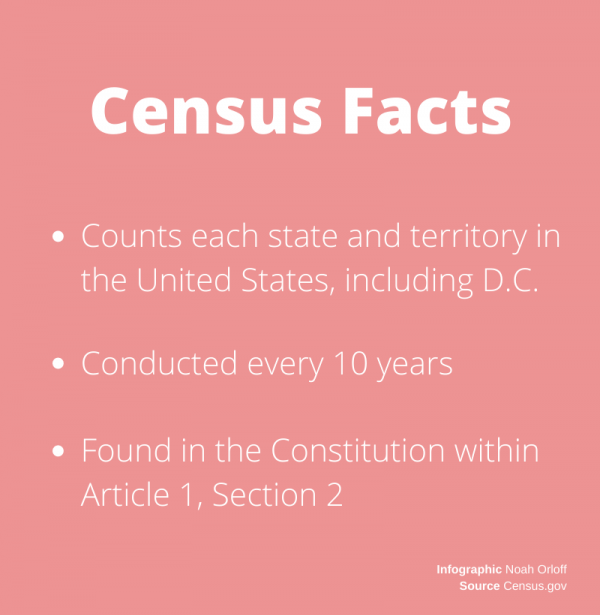
Mandel said the census is there to make sure every state has a fair ratio of people to representation in Congress.
“My initial thought is (this will affect us) negatively because there will be less representation for us, but logically speaking it makes sense because if we have fewer people in comparison to other people, then we should have fewer representatives,” Mandel said.
According to Kramer, this year’s census will be carried out mainly over the internet and paper mail.
“In the past, it’s been that paper form,” Kramer said. “So this year, they’re going to try to get everyone to fill out the survey online. You will also be able to do it by telephone and you can do it by mail. After a few cycles of trying to reach folks in those ways, they will eventually go door-to-door on folks who haven’t responded.”
Mandel said the census is key to the functioning of the nation.
“It makes sure that the voting accurately represents who is the actual majority,” Mandel said.
The census will take place April 1, 2020, according to the United States Census Bureau.







